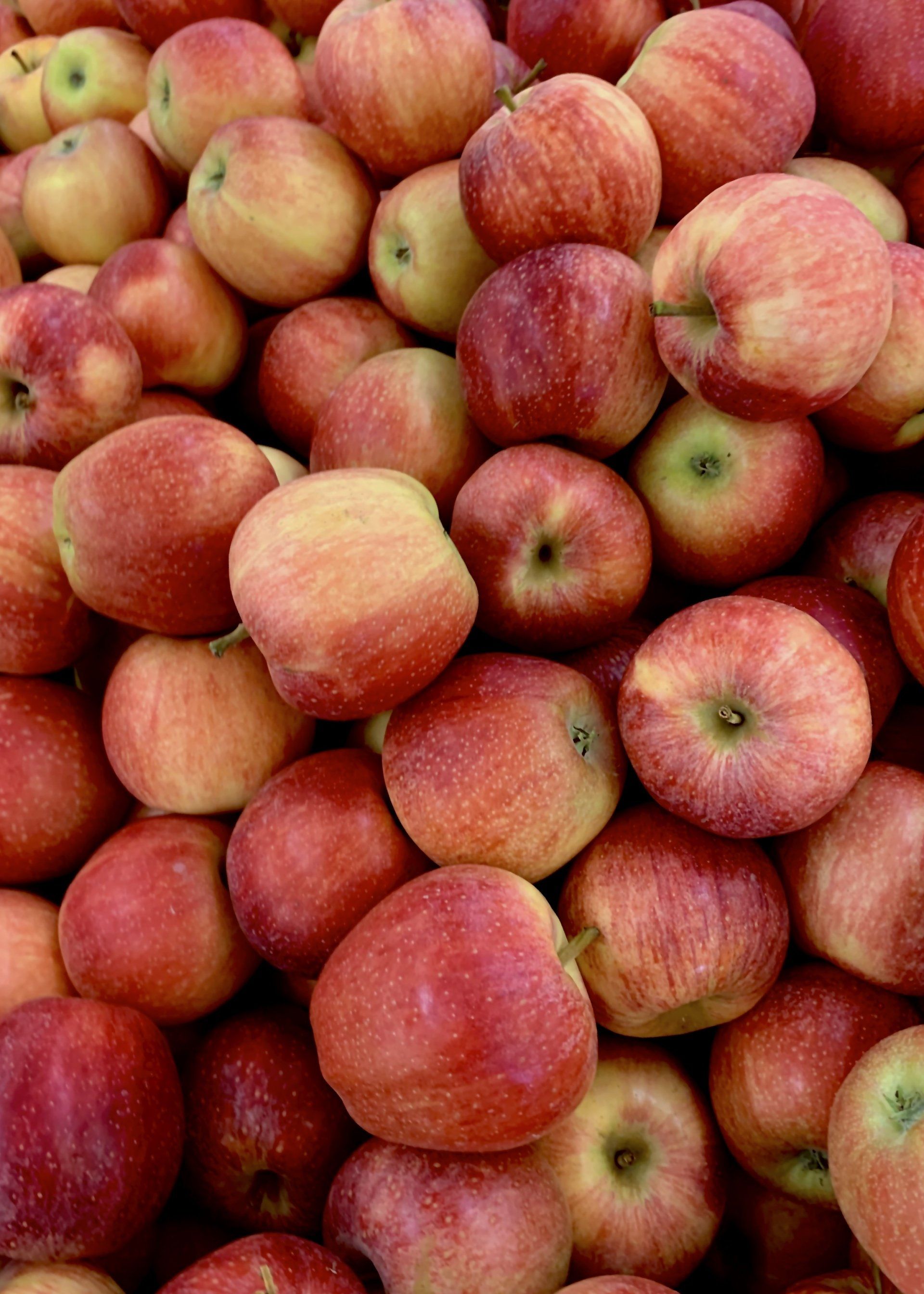Vitamin C
Apparently April 4th is National Vitamin C Day. Who knew such a day existed?
Vitamin C is a water soluble vitamin, meaning that the vitamin is carried to the body’s tissues but is not stored in the body as it dissolves in water.
It is an important essential nutrient - that is, we must obtain it from our diet. It is found only in fruits and vegetables and its highest content can only be found in fresh, uncooked foods. Vitamin C is among the least stable vitamins and cooking can destroy much of this vitamin content in foods.
Vitamin C is readily absorbed from the intestines, ideally about 80-90% of that ingested. It is used by the body in about 2 hours and then is usually out of the blood within 3-4 hours. Because of this, it is recommended that we take a Vitamin C supplement every 4 hours or a time release capsule. Another option would be to consume foods high in Vitamin C throughout the course of the day.
Vitamin C is used up even more rapidly under stressful conditions, with alcohol use and smoking.
While each vitamin plays an important role in our overall health, one important function of Vitamin C is in the formation and maintenance of collagen, the basis of connective tissue.
It also helps thyroid hormone production and aids in cholesterol metabolism, increasing its elimination and thereby assisting in lowering blood cholesterol.
Through continued studies, Vitamin C has been shown to stimulate the immune system; through this function, along with its antioxidant function, it may help in the prevention and treatment of infections and other diseases (bacterial, viral and fungal).

Vitamin C supplements has, and continues to be widely used as a treatment for the common cold, but it is also used to support the adrenal function, helping the body handle stresses of all sorts.
Vitamin C supplements may also help with problems relating to fatigue and slow metabolism, relief of inflammatory pain, burns, fracture healing, bedsores, skin ulcers and to speed wound healing after injury or surgery.
It is also used to aid those withdrawing from drug addictions and other addictive substances such as nicotine, caffeine, and even sugar.
Chronic Vitamin C deficiencies are not very common as Vitamin C can be found naturally in a wide variety of different foods, however, people who deal with the following conditions may have a deficiency to some degree:
- Scurvy
- Inflammatory Bowel Disease
- Alcoholism
- Very slow wound healing
- General weakness
- Loss of appetite and poor digestion
- Anemia
- Loose teeth
- Bone brittleness
Food sources of Vitamin C:
When it comes to food sources of Vitamin C, naturally we think of citrus fruits, however there are other foods that are higher in C content.
- Guava
- Kiwi
- Bell Peppers
- Strawberries
- Oranges
- Papaya
- Broccoli
- Tomatoes
- Snow Peas
- Kale
RDA (recommended dietary allowances) for Vitamin C:
The recommended daily allowance will vary depending on the age, sex and health status of the individual. Below is the RDA to maintain good health.
Male 9-13 years 45 mg
Female 9-13 years 45 mg
Male 14-18 years 75 mg
Female 14-18 years 65 mg
Male 19+ years 90 mg
Female 19+ years 75 mg
Pregnant 19+ years 85 mg
Lactating 19+ years 120 mg










